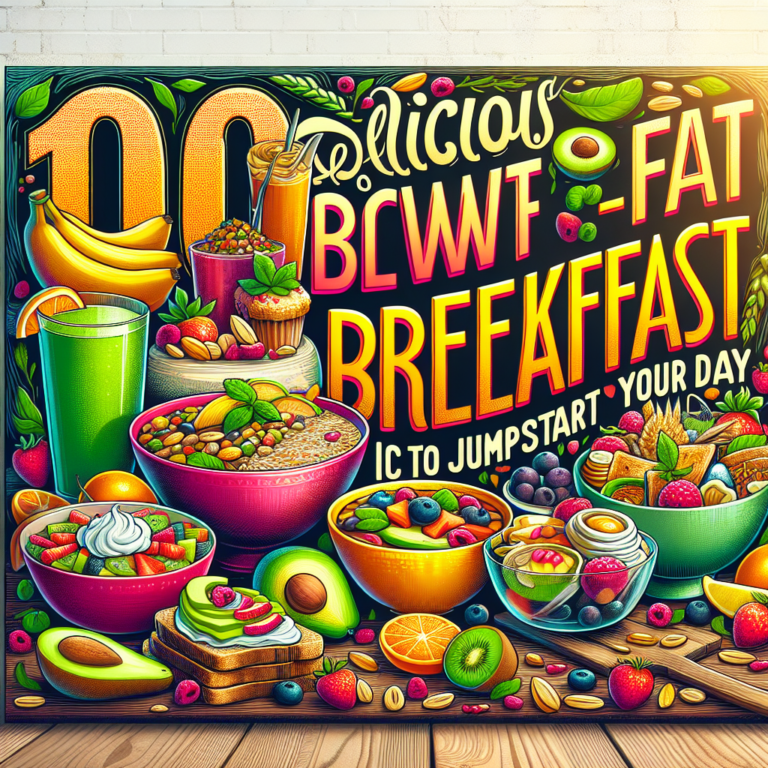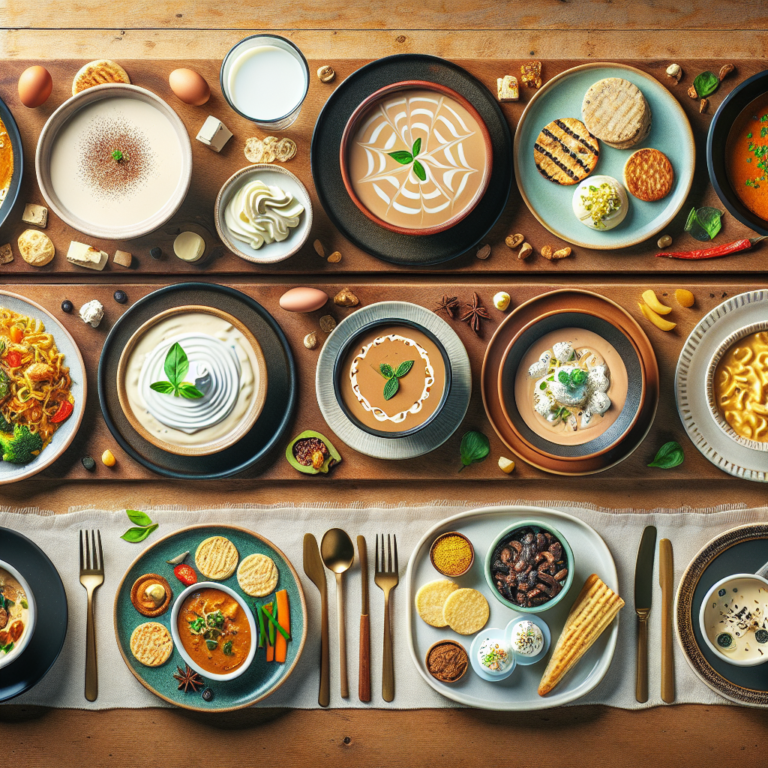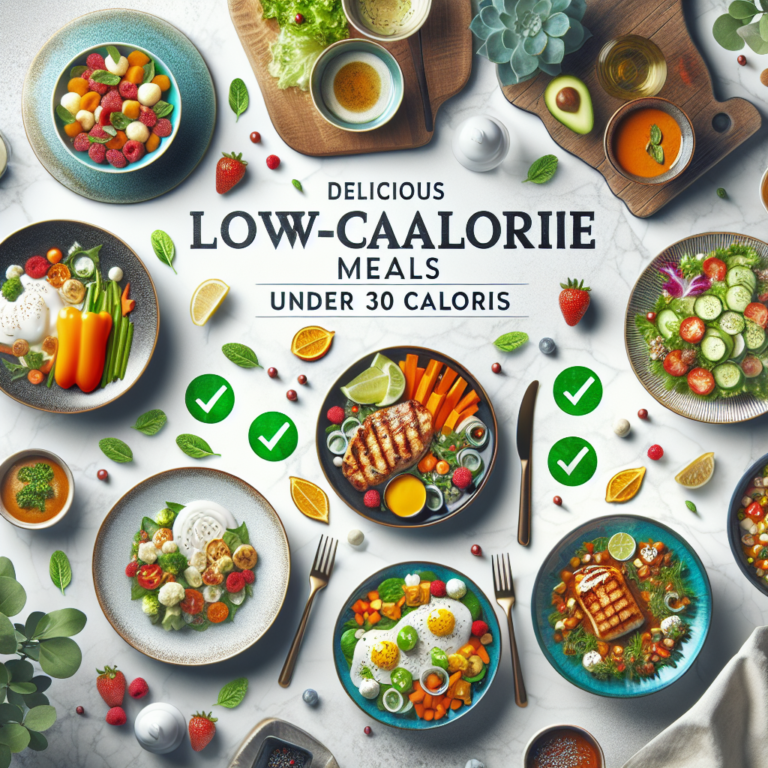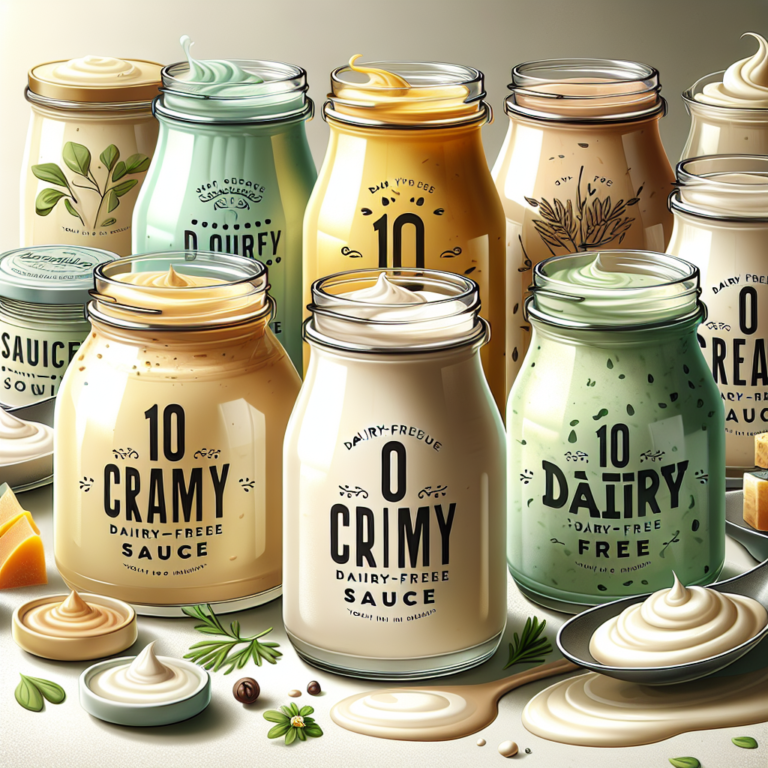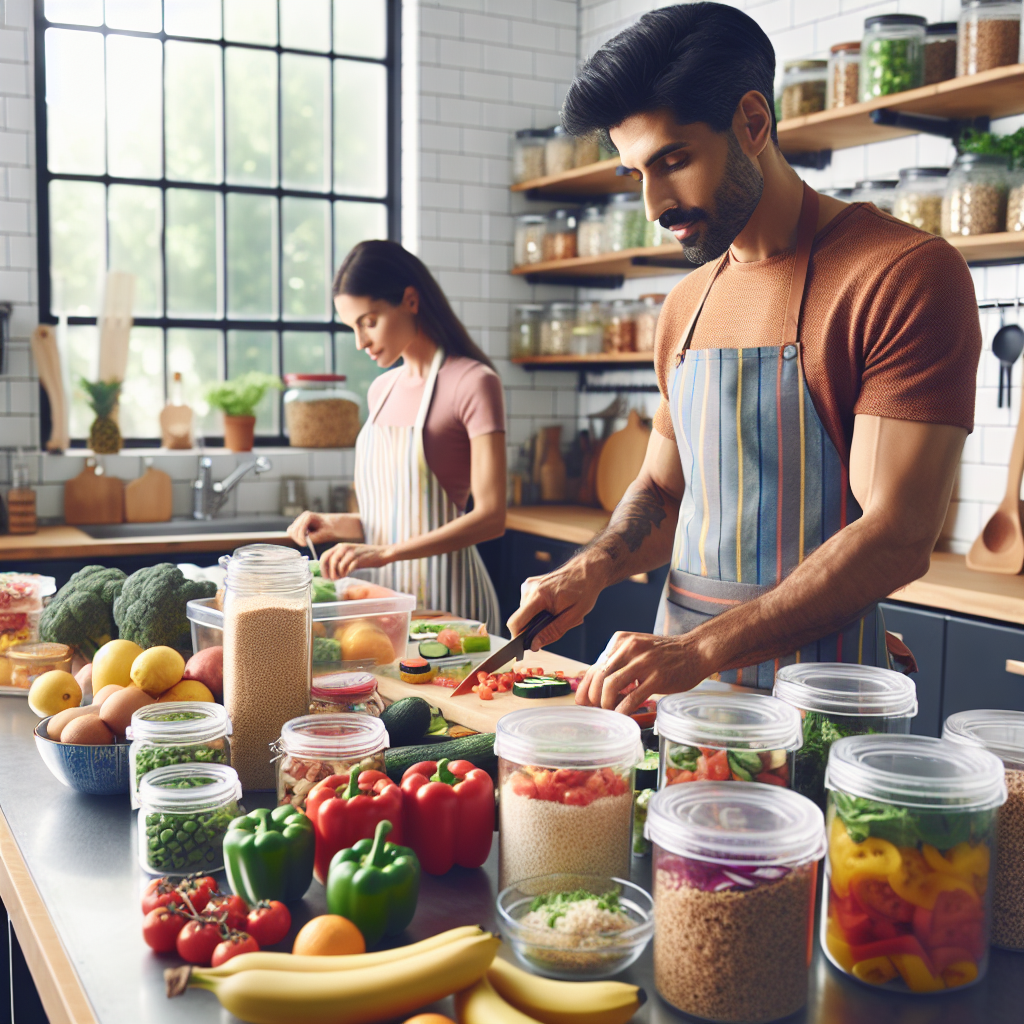
In today’s fast-paced world, preparing healthy meals during the week can often feel overwhelming. The solution? Meal preparation, often referred to as meal prep. Meal prep is the process of preparing your meals in advance, allowing for easier cooking and healthier eating throughout the week. In this comprehensive guide, we will explore meal prep in detail, covering everything from the benefits to practical tips and essential techniques.
What is Meal Prep?
Meal prep is essentially about planning and cooking your meals in advance, so you have nutritious and delicious options ready to go when you need them. It can involve preparing whole meals or just components of meals (such as proteins, grains, and vegetables) that can be mixed and matched throughout the week. The goal is to save time, reduce stress, and ultimately cook healthier meals.
Benefits of Meal Prep
- Saves Time: By cooking in batches, you spend less time overall in the kitchen each week.
- Cost-Effective: Buying ingredients in bulk and reducing food waste saves money in the long run.
- Healthier Choices: Meal prepping allows you to control ingredients and portion sizes, leading to healthier eating.
- Less Stress: Having meals readily available reduces the daily stress of deciding what to eat.
- Variety: By planning meals, you can incorporate diverse ingredients and recipes into your routine.
Getting Started with Meal Prep
Before diving into the actual meal prep process, it helps to take a few preparatory steps. Consider the following:
1. Determine Your Goals
What do you want to achieve through meal prep? Are you trying to eat healthier, save money, or simplify your weekly cooking routine? Knowing your goals will help you tailor your meal prep practices to fit your needs.
2. Plan Your Meals
Creating a meal plan is essential. Here’s how to get started:
- Choose a day to plan your meals (Sunday is popular for many).
- Decide on the number of meals you want to prepare for the week.
- Consider using a mix of “cook once, eat twice” recipes, where you can repurpose the same ingredients in different meals.
3. Make a Shopping List
Once you’ve planned your meals, create a shopping list of all the ingredients you’ll need. Double-check what you already have in your pantry to avoid duplicate purchases.
Essential Meal Prep Equipment
Having the right tools in your kitchen can make meal prep a breeze. Here are some essentials:
- Glass or plastic containers with lids (ideally microwave and dishwasher safe).
- Food storage bags for portioning and freezing items.
- A quality knife for chopping vegetables and proteins.
- A cutting board to keep your workspace tidy.
- A slow cooker or Instant Pot for easy one-pot meals.
- Measuring cups and spoons for accurate ingredient amounts.
Meal Prep Techniques
Here are some popular meal prep techniques to help you get the most out of your efforts:
1. Batch Cooking
Prepare large quantities of a single dish to divide into meal portions. This works well for soups, stews, casseroles, and grains.
2. Prepping Ingredients
Instead of cooking full meals, you can wash, chop, and portion ingredients ahead of time. Store them in your fridge for easy access when assembling meals throughout the week.
3. Freezer Meals
Prepare meals that can be frozen for later consumption. This is particularly useful for busy weeks when cooking might not be feasible.
4. Mix and Match
Prepare a variety of proteins, grains, and vegetables to create balanced meals without repetition. For example, grilled chicken, quinoa, and roasted vegetables can be mixed in various combinations.
Examples of Meal Prep Ideas
1. Breakfast
- Overnight Oats: Combine oats, milk (or dairy-free alternatives), yogurt, and toppings like fruits and nuts to create ready-to-eat breakfasts.
- Breakfast Burritos: Scramble eggs with veggies and cheese, wrap in tortillas, and freeze for quick reheating.
2. Lunch
- Grain Bowls: Prepare a base of quinoa or brown rice, topped with grilled chicken, vegetables, and a sauce.
- Salad Jars: Layer salad ingredients in a jar, starting with your dressing at the bottom and leafy greens at the top, for fresh salads all week.
3. Dinner
- Sheet Pan Dinners: Roast proteins and vegetables together on one pan for easy cleanup.
- Crockpot Meals: Prepare hearty meals like chili, curry, or stews that can cook slowly throughout the day.
Storage Tips for Meal Prep
After preparing your meals, how you store them can affect freshness and flavor:
- Label Containers: Write the name of the dish and the date it was prepared to keep track of freshness.
- Use Airtight Containers: Choose containers that seal well to prevent spoilage and preserve flavor.
- Cool Before Storing: Allow meals to cool before placing them in the fridge to avoid condensation and bacterial growth.
Staying Motivated with Meal Prep
While meal prepping can save time and reduce stress, keeping motivated is key to making it a consistent habit. Here are some tips:
- Experiment with new recipes and cuisines to keep things exciting.
- Involve family members or friends in the prep process for added fun.
- Set aside specific prep days and treat them as an essential appointment.
Common Mistakes to Avoid in Meal Prep
Even seasoned meal preppers make mistakes. Here are some pitfalls to watch out for:
- Overcomplicated Meals: Start simple. Choose recipes that don’t require overly complex preparation.
- Not Diversifying Ingredients: Eating the same thing repeatedly can lead to boredom, so aim for variety.
- Ignoring Portion Sizes: Be mindful of how much you prepare to avoid food waste and overeating.
Conclusion
Meal prep is an effective strategy for simplifying your cooking routine, maintaining a healthier diet, and saving time and money. By planning your meals ahead, preparing ingredients, and employing storage techniques, you can enjoy delicious meals throughout the week with minimal stress. Remember to start simple, stay motivated, and ultimately customize your meal prep process to fit your lifestyle. With a bit of planning and organization, meal prep can transform the way you eat.
FAQs
1. How long does meal prep last in the fridge?
Most meal-prepped foods can last in the fridge for 4-5 days. Make sure you store them properly in airtight containers.
2. Can I freeze meal-prepped meals?
Yes! Many prepared meals can be frozen for up to 3 months. Just ensure they are stored in airtight containers or freezer bags.
3. What foods are best for meal prep?
Foods that hold up well in the fridge and freezer, like grains (rice, quinoa), proteins (grilled chicken, beans), and hearty vegetables (broccoli, bell peppers) are ideal.
4. How can I keep my meals from getting boring?
Incorporate a variety of spices, sauces, and proteins in your meals. Rotating ingredients and trying new recipes can also help maintain variety.
5. Is meal prepping time-consuming?
Initially, meal prepping might seem time-consuming, but once you establish a routine, you’ll find it saves you time in the long run.
It seems you might be asking for a writing prompt or a specific topic to discuss. Could you please clarify what you’re looking for? Whether you need a story prompt, a question to explore, or something else, I’m here to help!, #Meal #Prep #Guide #StressFree #Cooking, #Meal #Prep #Guide #StressFree #Cooking, 1736513477, meal-prep-101-your-guide-to-stress-free-cooking



